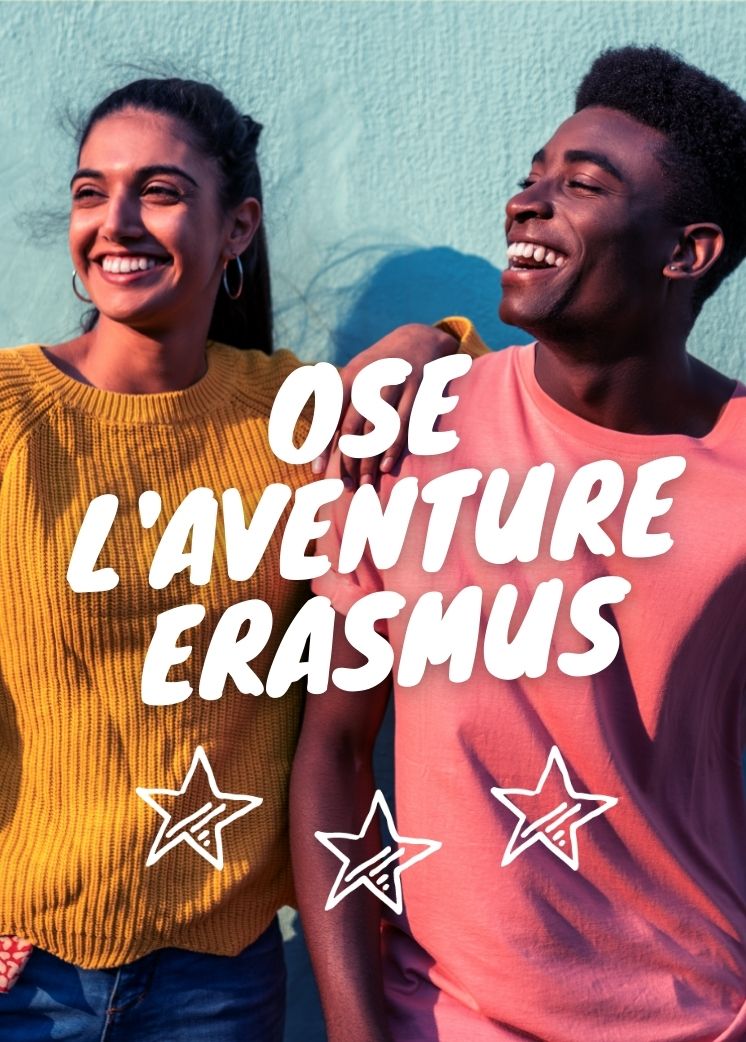At a time when the PRALINE program is coming to an end, here are some lessons that I have drawn from the different exchanges of practices that we have been able to experience throughout this program of identifying good practices in terms of professional training in Europe.
Questioning the school form:
“You don’t learn the piano by listening to a virtuoso” ALAIN, 1932.
Within schools, the pandemic crisis has highlighted problems that predate it. Nothing really new, but whether it is learning, relationships or activities, learners (and not just adults) seem to prefer forms of schooling that move away from the traditional academic model. The demand from trainers is therefore much more multifaceted, and when the process of transmitting knowledge is highlighted by the learners, it is always because the relationship established by the trainer has been positive (and not because his course was good).
The role of peers:
“I miss you, my alter ego” AUBERT. JL, 2001
To learn, whether adolescents or adults, the importance of the alter (the other) is central.
The teaching team in the training center, the tutor in the company, colleagues in the company, friends and family in the social environment, etc., peers promote the conditions for self-confidence and well-being and learning (“The Good Fairies” ALTER.N, 2023).
This is all the more important as learners navigate a complex universe (in the sense of MORIN.E, 1991) between environment and training center (We tend to only think about what they experience in the training center). training, but we learn all the time and everywhere).
Learning by doing:
“Experience is not what happens to us, it is what we do with what happens to us” HUXLEY.A, 1932
In everyday life, in the workplace, and even within the training organization through educational projects, learners favor taking action as a favorable condition for learning.
But for this it is necessary to:
– Live the experience in a favorable context,
– Be active and involved,
– Repeat the practice,
– Apply lessons learned in other situations,
– Receive constructive feedback,
– Reflect on the experience.
Suggestions for a learning organization
From these few lessons, and by taking a step back from the various peer learning activities in the program, this gives us an indication of the conditions conducive to a learning context. By the same token, this should invite training engineers, trainers and teachers to take a fresh look at the act of learning?
Indeed, all the good practices identified encourage us to focus more on learners, on their ability and motivation to learn, rather than on our own actions as teachers.
The pedagogical relationship is thus reversed: learners do not ask us as a priority to transmit knowledge, but to help them seek knowledge in their environments (training, personal, socio-professional).
Therefore, how can the teacher focus on the learner and their learning context?
Especially since the learning context is not limited only to formal and intentional training. Learners learn all the time, anytime, anywhere.
We must therefore not only focus our recommendations on attitude towards training, but more generally on attitude towards learning.
This is how the discoveries made during this program invite us to think about the role of the trainer in terms of the place to be given to the learner and to favor the conditions ofemergence of “enabling” environments » (“capabilities” – SEN.A, 2008).
Let's create favorable conditions for lifelong learning
To create favorable conditions for lifelong learning, we therefore encourage training organizations to organize training systems (programs) which take into account and promote 6 interactive dimensions:
1- The consideration of each person as capable:
People are capable of acting and interacting, they have potential that experience can reveal. It is not “empty” of resources or experiences.
2- Experience as a lever:
Appropriation of learning occurs through putting the experience into practice. Experience helps transform resources into goal-directed actions and contributes to motivation.
3- Cooperation as an amplifier:
This co-construction (acting on one's environment) is also done in a collective framework of interactions which leads each person to listen to the other, to construct arbitrations in situations, to enrich themselves with different points of view, to co- build….
4- Reflexivity as an anchoring tool:
Experimentation can only structure learning if there is feedback. Reflexivity is learning. Look at what we have done, learn from it, formalize the principles and test them again….
5- The conditions of the experiment:
Not every experience is necessarily a learning experience. Certain conditions are necessary: the meaning and interest of the proposed activities, accessibility, acceptable complexity, adequate resources, etc. and a favorable and facilitating human environment.
6- Accompaniment and support before, during and after the experience.
This concerns the quality of human mediation offered both in the training center and in the company or social environment.
To conclude:
We see that training centers, and trainers in particular, cannot be content with being “transmitters of knowledge” and must rather think of themselves as “ course accompanying architects ". They must therefore play a mediator role between the resources and the learner, stimulate motivation to learn without forgetting to support the learners' life projects and lead the community of partners (internship supervisors, business tutors, etc. .).
A complex profession therefore and none of this will be possible without rethinking the profession and therefore the training of trainers.
Here are some personal convictions formed following the various peer learning activities that we experienced with all the partners of the PRALINE program.
_ Philippe Ristord


